Lessons of Ramadan

We’ve now almost come to the end of Ramadan. Throughout this month, in obedience to Allah swt, Muslims have been fasting from sunrise to sunset as a practice of self-discipline and remembrance of those who do not have a regular source of food and water. During Ramadan, alongside abstaining from food, water and sexual contact during daylight hours, Muslims are also expected to be increasingly mindful of their behaviour and speech and often engage in extra charitable giving and nightly prayers.There’s a popular misconception in non-Muslim majority countries that Ramadan is about fasting. It’s understandable that people would have this impression. But Ramadan’s not only about fasting. Even fasting isn’t about fasting. Here’s what Ramadan is actually about, and what we, regardless of our religious views, can learn from it.
Reflection

First and foremost, Ramadan is a month of reflection. Ramadan is a recognition that we live fast-paced lives. We’re always concentrating on today. How much money did we make? How many hours did we spend in the office? Will we be able to cover our bills? Are we gaining too much weight? Do we need to work harder for that promotion? And so on. Ramadan is the one time of the year when we stop, and take a look at our lives. When we fast, we automatically break our routines. Our breakfast routines, snack routines, lunch routines, dinner routines, even our sleep routines. And when we break our routines, we are forced to take a look at our lives and reevaluate. Are we happy with our habits? Are we satisfied with where we are in our lives? What have we done over the past year? Have we reached the goals that we set for ourselves? It is similar to setting a New Year’s resolution, except we have an entire month to think about where we are and where we want to be. When we reflect we force ourselves to take a step back and to take a look into our own lives and determine whether or not we are happy with what we see. During this time of reflection we should also be thinking about where we are in life, where we want to be, and if we are not yet there, how are we going to get there?
Breaking Bad Habits and Building New Ones

I have read that it takes anywhere from 21 to 90 days to break or build an old or new habit.Ramadan gives us about four weeks to do just that. Muslims use Ramadan as an opportunity to reflect on the positive habits they can implement in their lives as well as eliminate any bad ones. For many Muslims it’s become tradition for us to challenge ourselves to build good habits over the month of Ramadan. This is effective because many around us are also doing this. We are all supporting each other to build better daily habits during this holy month. It could be going to the gym, incorporating more exercise, reading more, or simply working on breaking a bad habit. When someone breaks their normal routine by staying away from food, they have to build a new routine for the month of Ramadan. And this is a great opportunity to build in new, good habits into your daily routine. As we build our new routines, we should begin to incorporate new daily habits. Keep it small. Small actions that we can maintain consistently sometimes yield the biggest effects. What do we want to achieve? What do we wish was part of our daily life?
Balance

Ramadan is about staying grounded and maintaining balance.Fasting in Ramadan is seen as more than another act of worship. It helps people to keep balance in their lives. How? Because when we spend a day refraining from food, and we spend a night praying or reading the Quran, we are reminded that there’s more to life outside of our day job and our bills and our worries. We are reminded that there’s something else out there. That something may just be a more realistic perspective of the diversity of the world we live in. We are connected to millions of people around the world who are also refraining from food. We become aware that some of them are in war-zones, some in hospitals, others in palaces. We realise that the world won’t end if we don’t submit our report on time and turn it in late. And life goes on. The world goes on. When we realise that life goes on, we are able to let go of our excess stress, therefore finding balance and priorities in our lives. Remember that there’s more to life outside of this moment, outside of today. Find something that keeps us balanced, and keeps us connected with others around the globe. Remember that the earth still spins round, and that life still goes on. When we find our balance, we then need to consider what our priorities are. What’s worth staying up at night for? What’s the worst that could happen? When we let go of our fears and our stresses, and we consider our priorities in life, we then are able to focus on a lot of the good things that can happen in our lives.
Seeking Closeness to Allah

The Prophet sallallahu ‘alayhi wa sallam said:
“Allah said: Whosoever shows enmity to a friend of Mine, I shall be at war with him. My servant does not draw near to Me with anything more beloved to Me than the obligatory duties that I have placed upon him. My servant continues to draw nearer to Me with optional deeds so that I shall love him.” {qluetip title=[6]}Related by al-Bukhari (11/481), from Abu Hurayrah radiallahu ‘anhu.{/qluetip}
So drawing closer to Allah – the Most Perfect – in this blessed month, can be achieved by fulfilling one’s obligatory duties; and also reciting the Qur’an and reflecting upon its meanings, increasing in kindness and in giving charity, in making du’a (supplication) to Allah, attending the Tarawih Prayer, seeking out Laylatul-Qadr (the Night of Power and Pre-Decree), a night which is better than a thousand months, attending gatherings of knowledge, and striving in our actions that will cause the heart to draw closer to Allah swt and to gain His forgiveness. Our level of striving in this blessed month should be greater than our striving to worship Allah in any other month, due to the rewards that Allah has placed in it.
Patience

Imam Ahmad (d. 241H) – rahimahullah – said:
“Allah has mentioned sabr (patience) in over ninety places in His Book.”{qluetip title=[9]}Related by Ibn al-Qayyim in Madarij as-Salikin (2/152).{/qluetip}
Patience in Islam is not about adopting a passive attitude. The Qur’an does not teach us to remain silent, but neither does it encourage confrontation. Life is a mix of challenges, with everyone having the freedom to do as they wish and live the life that they see fit. This, of course, means that there will be times when another person’s freedom is not compatible with our own. However, only Allah (SWT) has the power to take that freedom away. This is not something that any human has and this must be respected. Instead, this means showing patience/sabr to any challenges faced and managing patience to face them successfully. Doing so brings reward in the eyes of Allah (SWT).
“Indeed, he who fears Allah and is patient, then indeed, Allah does not allow to be lost the reward of those who do good.” [Yusuf: 90]
So fasting is a means of learning self restraint and patience. With patience we are able to strengthen ourselves to worship Allah alone, with sincerity, and also cope with life’s ups and downs. So for example, with patience we are able to perform our prayers calmly and correctly. Obtaining patience gives us the ability to approach things in life in a more calm and collective manner. Having patients comes with many benefits and rewards, the greatest one being we gain a closeness to Allah swt.
Unity
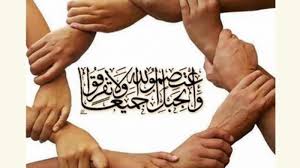
The Prophet sallallahu ‘alayhi wa sallam said:
“Fast when they fast, and break your fast when they break their fast, and sacrifice the day they sacrifice.” Related by at-Tirmidhi (no. 693), form Abu Hurayrah radiallahu ‘anhu. It was authenticated by al-Albani in as-Sahihah (no. 224).
During this blessed month we are able to sense an increased feeling of unity due to our fasting and our breaking our fasts collectively. We also feel an increased awareness about the state of our Muslim brothers and sisters and the hardships that we endure because:
“During the fast, a Muslim feels and experiences what his needy and hungry brothers and sisters feel, who are forced to go without food and drink for many many days – as occurs today to many of the Muslims in Africa.”From the words of Shaykh ‘Abdul-‘Aziz ibn Baz, as occurs in Majmu’ Fatawa wa Maqalat Mutanawwi’ah (5/211). Indeed, the units of the Muslims – and their aiding and assisting one another – is one of the great fundamentals upon which the Religion of Islam is built, as Allah – the Most High – said:
“And hold fast altogether to the rope of Allah and do not be divided.” [Al-Qur’an 3:103]
“The Believers – men and women – and friends and protectors to one another.” [Al-Qur’an 9:44]
Here we can see that that Islam lays great importnace in bringing hearts together and encourages togetherness. This is not only reflected during the month of Ramadan, but through other acts of worship as well.
We have been ordered by the Prophet sallallahu ‘alayhi wa sallam to pray the five daily Prayers in congregation, and that it has been made twenty-seven times more rewardful than praying it individually.{qluetip title=[23]}Related by al-Bukhari (2/109) and Muslim (no. 650), from Ibn ‘Umar radiallahu ‘anhu.
Thus Ramadan is a time for a sense of unity and our commitment to Allah swt and His religion. So we ask Allah to grant us the ability to change ourselves for the better, during this blessed month, and not to be of those who are prevented from His Mercy and Forgiveness. Indeed He is the One who Hears and He is the One to Respond. May we all gain closeness to Allah swt and gain the most that we can from this holy month and become closer to Him. InshaAllah.
Sister Rebecca is a SAHM living in Houston Texas. Married for 13 years with two children, and a revert since 2014, her hobbies include cooking, reading, and spending time with family.






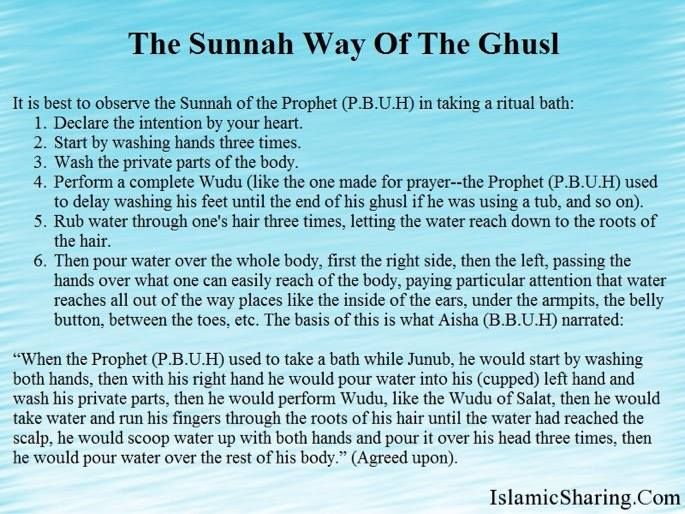

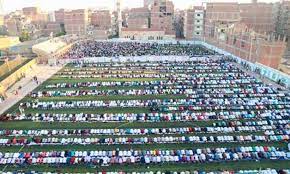


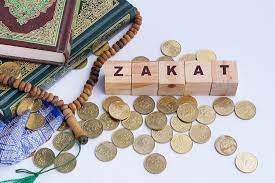
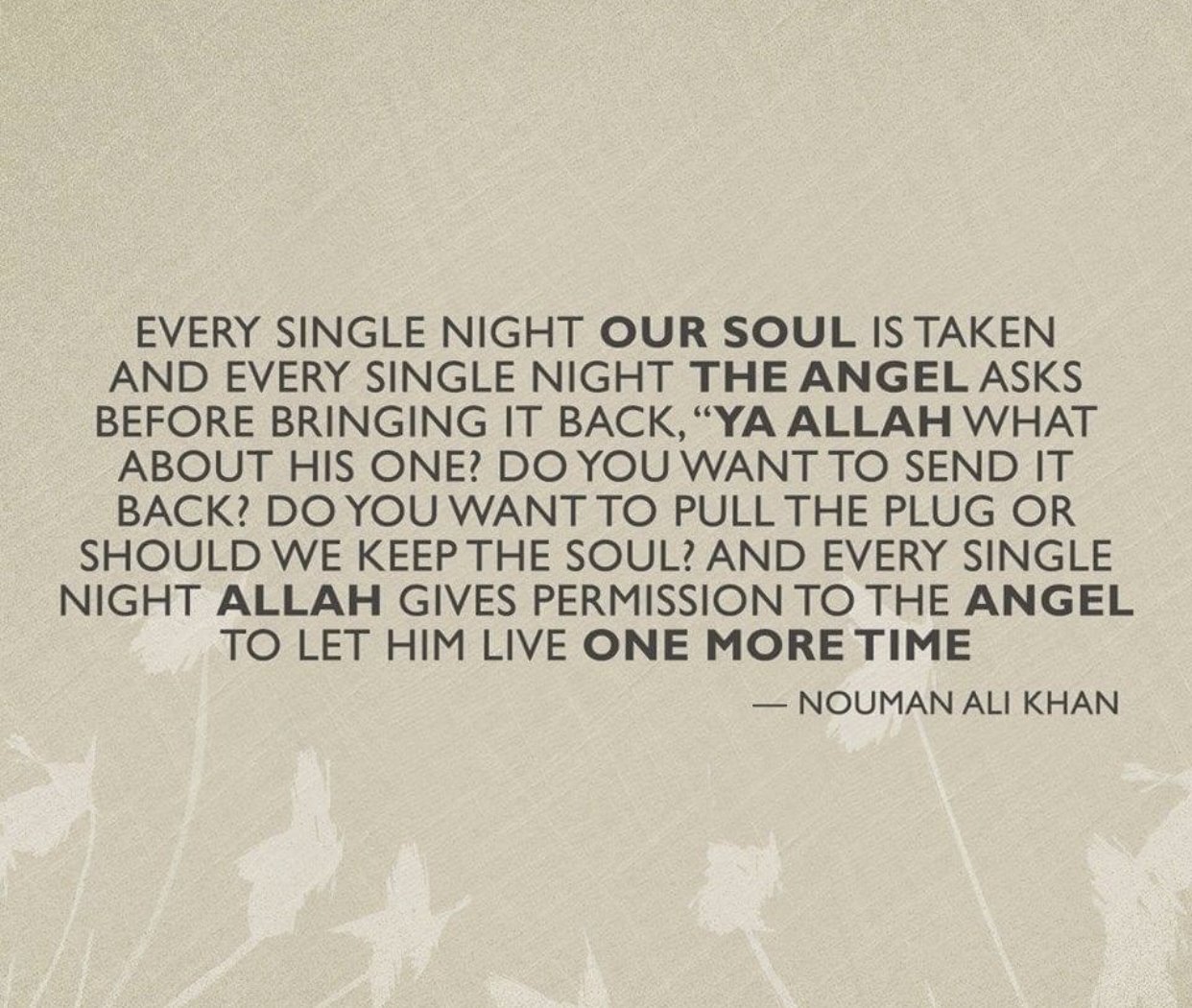

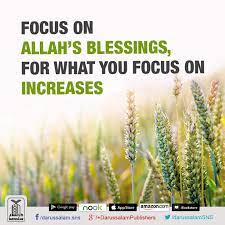
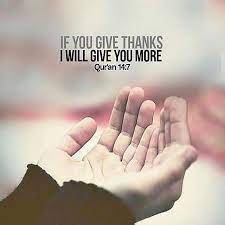


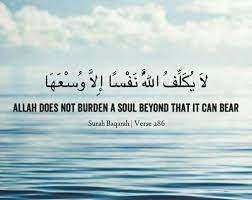







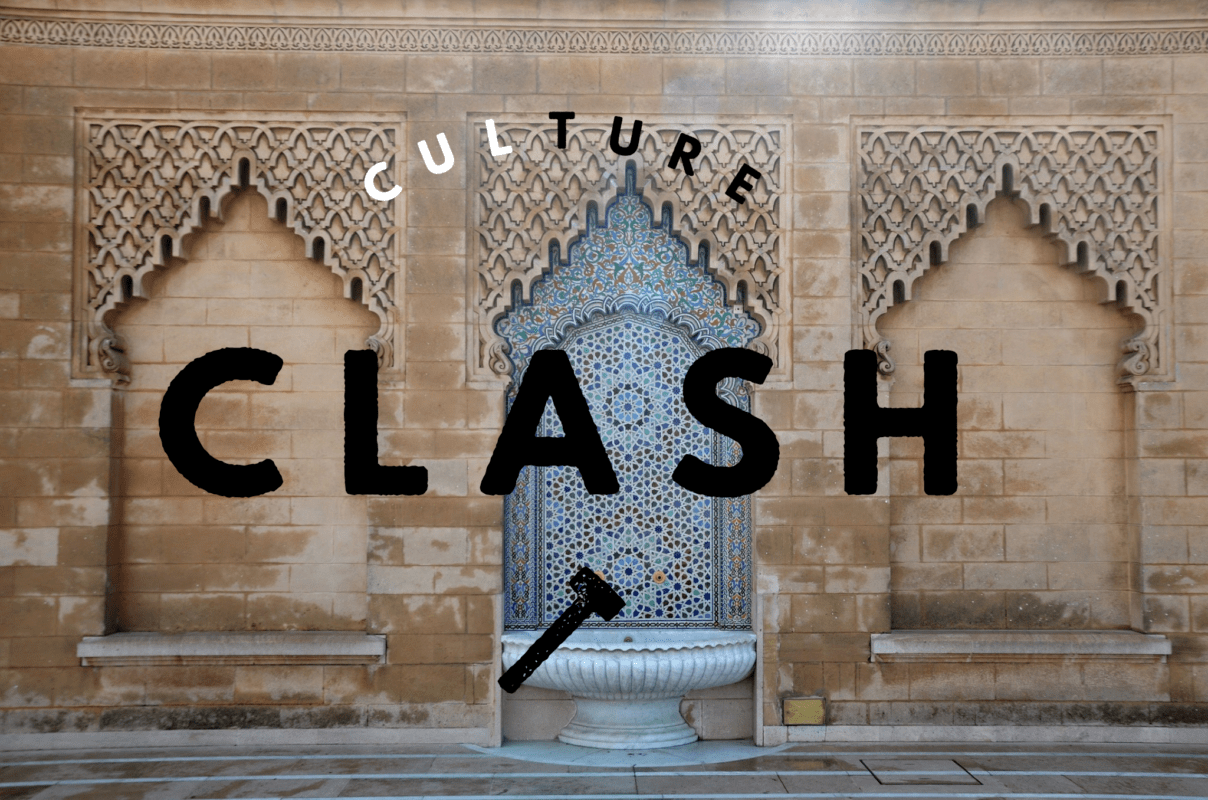
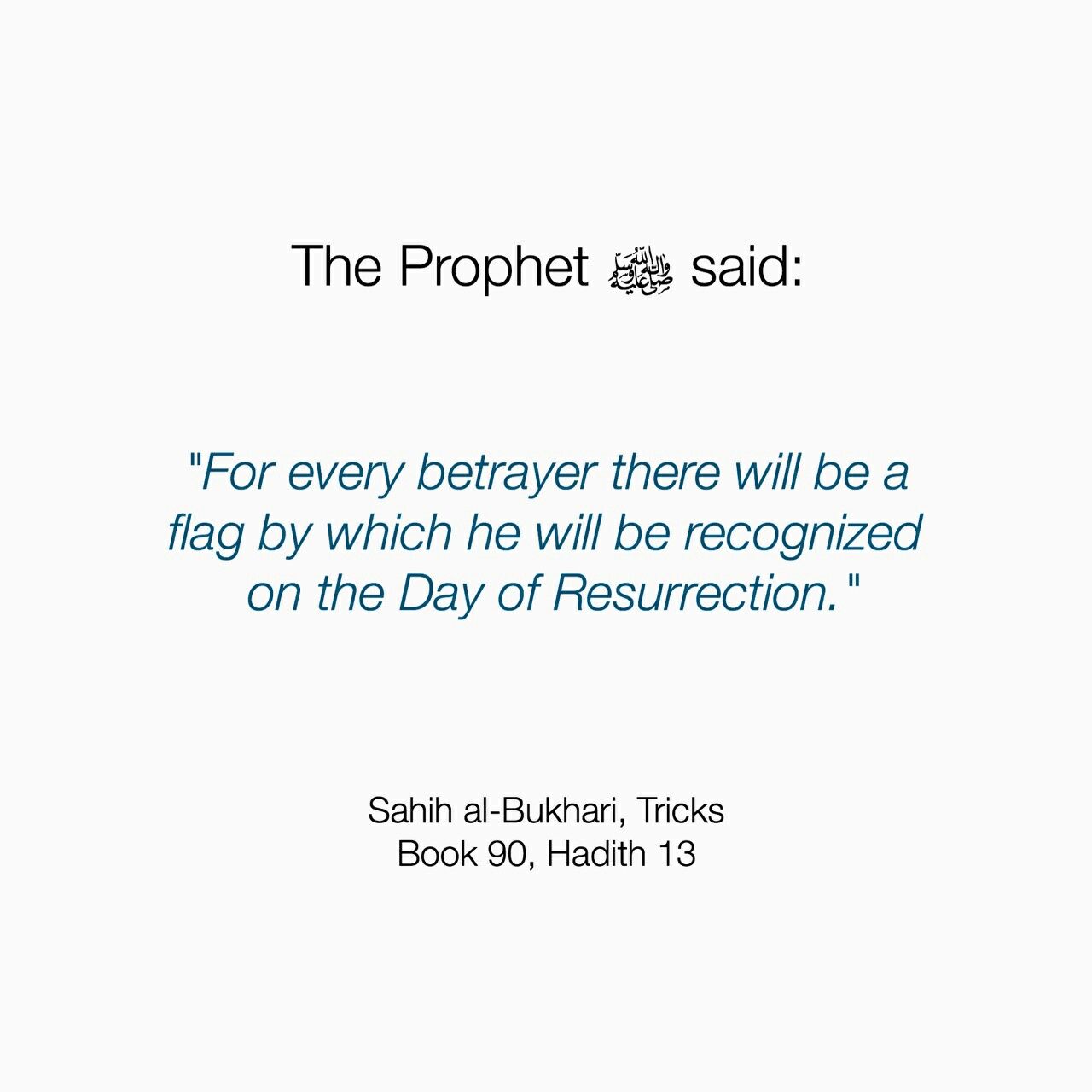




Tremendous things here. I am very glad to see your article. Thanks so much and I’m taking a look ahead…